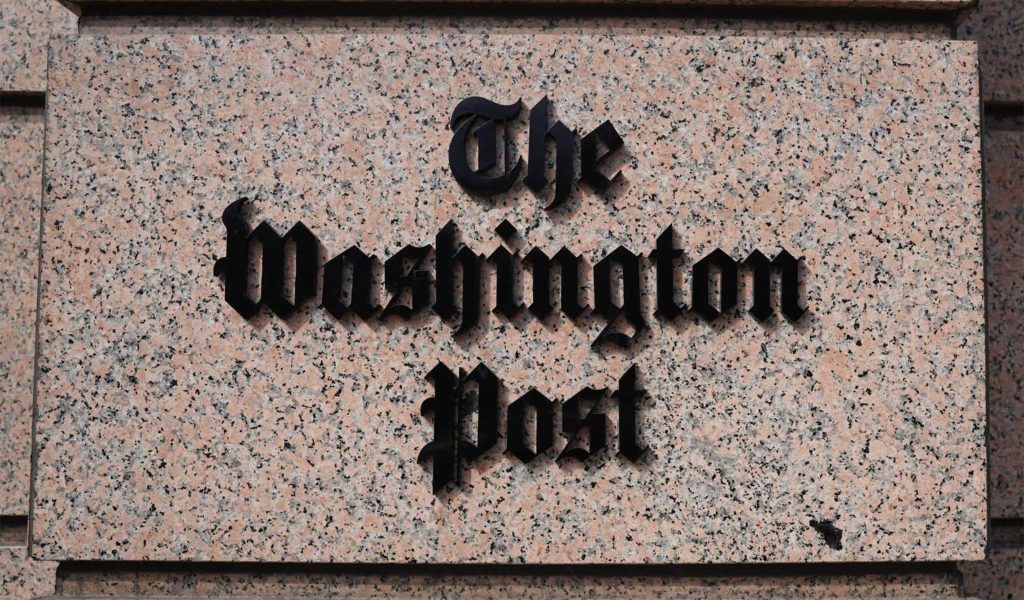Mick Mulvaney is disappointed with “everybody who gets elected” because they’re not like – you guessed it – Mick Mulvaney.
So, what is Mick Mulvaney like? According to Mulvaney, he likes “telling people what they don’t want to hear.” And what don’t people like to hear? It’s that their taxes are going up, and they’re going up because “everybody who gets elected” isn’t like Mick Mulvaney in that they “absolutely love telling people ‘yes.’ In fact, they like it so much, they’ve borrowed $34,000,000,000,000 so they can keep doing it.”
Up front, government spending is the cruelest tax of all. Hands down. Contra supply-side happy talkers who claim people with names like Bezos, Huang and Zuckerberg will take their talents to the Post Office or sofa if tax rates aren’t cut, the reality is that entrepreneurs generally don’t consult the tax code before they get to work on inventing the future. At the same time, entrepreneurs cannot invent the future without capital, and government spending is the embodiment of capital destruction.
In short, this write-up is in no way a call for more government spending. Quite the opposite. Government spending is not only a tax on entrepreneurial progress, wages, and everything else associated with rising freedom and living standards, it’s worse. Indeed, we saw in the 20th century the horrid, frequently murderous failings of central resource planning. What fails in total, surely fails when it’s not total. Shrink government. Always.
Except that Mulvaney, like seemingly all deficit hawks, is not writing about the horrors of government spending. Instead, he acts as though voters want the waste. That it’s good politics.
Which is why “deficit hawks” like Mulvaney have never made successful or even good cases against the spending. All they’ve done is promise “crisis” in the future borne of too debt. Call “deficit hawk-ery” the right’s global warming. The pain is always tomorrow. Wrong.
It cannot be stressed enough that the crisis is not in how the wealth is extracted from the private sector, but in the extraction itself. See central planning. The crisis is now.
Instead of talking or writing about what matters, Mulvaney pretends that the fun is in all the waste and that the pain will be in the future care of inflation and tax hikes. Mulvaney is incorrect twice. Indeed, the surest sign that we don’t face “1970s-level” inflation that Mulvaney promises can be found in the $34,000,000,000,000 in debt. About it, does Mulvaney seriously think investors line up buy debt at some of the lowest rates in the world so that they can have the value of the Treasuries they’ve purchased wiped out? With his inflation argument, Mulvaney misunderstands what inflation is while also presuming that markets aren’t just stupid, but monstrously so.
As for taxes, Mulvaney is probably being honest when he says he “can do a little math.” Where he’s incorrect is in his assertion that “if we are ever going to address the deficit and the debt, taxes will need to go up.” No, that’s not true, but not for the reasons that tax revenue-loving Democrats or supply-side happy talkers think. Oddly enough, the false nature of Mulvaney’s “bad news” about taxes can be found in the smartest line of his opinion piece for The Hill: “Simply put, the government has never had so much money.” Bingo!
Missed by Democrats, Republicans, and Mulvaney is that debt and deficits don’t spring from too little revenue, or too much spending, rather they’re an obvious consequence of too much tax revenue now, and the expectation of exponentially more tax revenue in the future. Precisely because government collects so much revenue, it can easily borrow. More to the point, the surest sign that we don’t have a debt problem is all the debt.
But we do have a too much revenue problem now, and tomorrow. All the spending and debt is an obvious symptom of it. Missed by Mulvaney and yes – everyone else – is that the crisis is solely in the extraction of all the wealth now, and in the future.
Republished from RealClear Markets






